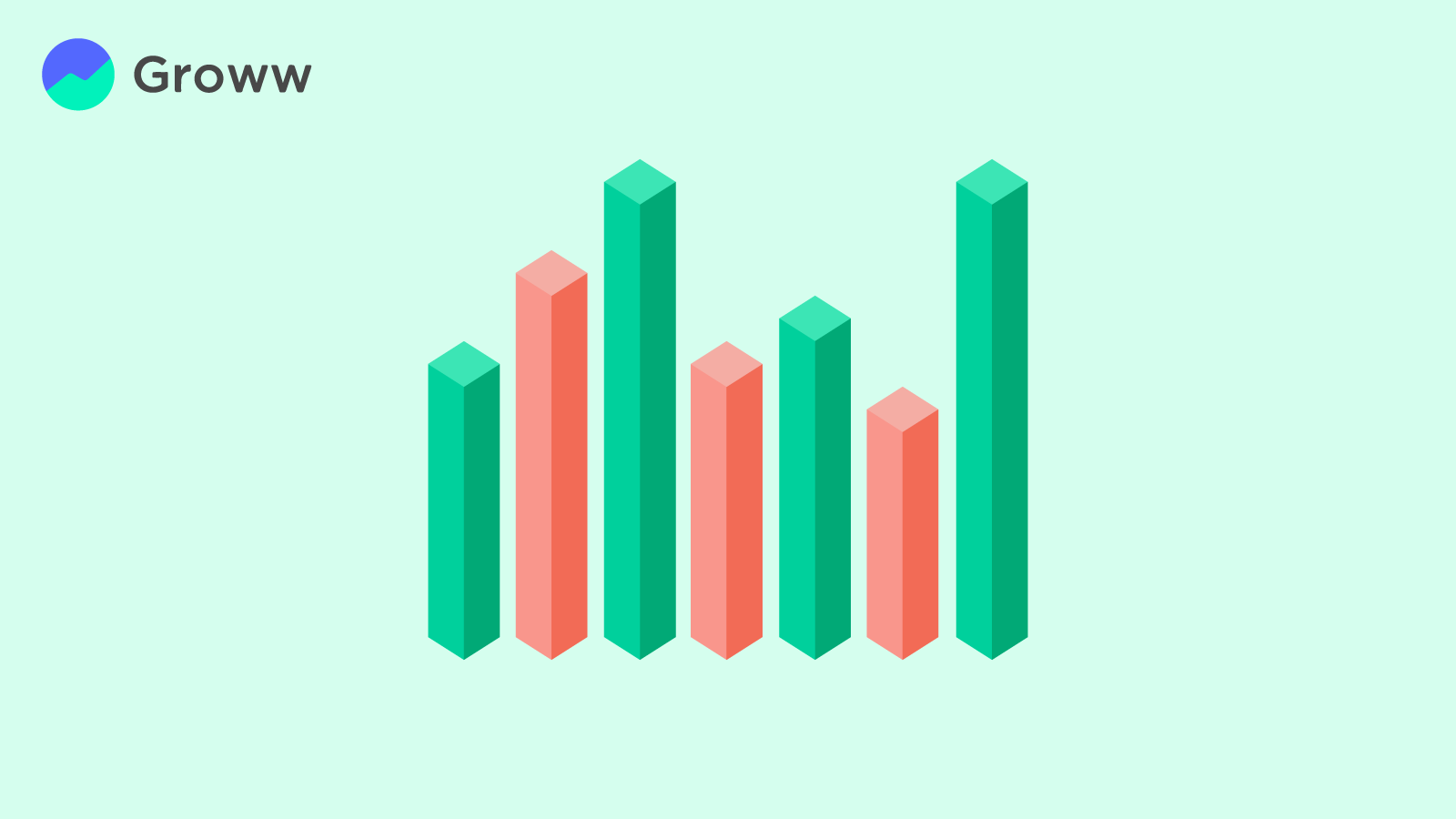Why Should You Invest in Index Funds?

Index funds are a type of mutual fund that tracks the performance of a given index. These funds do not attempt to beat the market, but rather, they aim to provide returns that match the market's performance. As such, an investor in an index fund will receive the same return as all other investors holding the same fund.
Investing in index funds is a great way to diversify your portfolio and achieve long-term growth. Index funds are simple, cost-efficient, and transparent investments that can offer you the best return on your money.
Why Index Funds?
When it comes to index funds in India, there are many advantages of index funds that you need to know:
-
Lower Expense Ratio and Low Fees
Index funds typically have lower expense ratios than actively managed mutual funds, which means that you can invest more of your money where it will do the most good for your portfolio.
-
Tax Benefits
Since index funds are passively managed, they don’t buy and sell individual securities as frequently as actively managed mutual funds do. This reduces their tax liabilities and increases your after-tax returns over time.
-
Easy to Manage
Index funds are also easier to manage than actively managed mutual funds because they don't change their asset allocation easily.
This means that once you invest in an index fund, its asset allocation remains the same until the time when you decide to change it yourself or until another manager takes over from your current one.
Points to Note while Investing in Index Fund
Before investing in index funds, there are a few things to consider.
-
Your Financial Goals
What is the timeline for your investment? If you’re looking to make a long-term investment, then index funds may be a good option.
But if you don’t have the time or patience to wait out the market fluctuations, then purchasing individual stocks might be more suitable for your needs.
-
Investment Horizon
Your investment horizon determines how long you're willing to invest before cashing out. For example: if you have a short-term goal like saving for a house, it might make sense to invest in something with a shorter time horizon (such as an equity fund).
If your goal is longer-term—saving for retirement or college tuition—it's probably best to choose something with a longer perspective (like an equity index).
-
Risk Tolerance
You also need to consider how much risk you can tolerate before making an investment decision.
Different types of investments have different levels of risk attached to them; some are safer than others with lower returns but less volatility over time whereas others offer more potential upside but also more volatility over time which means greater ups and downs in value over time as well as higher potential losses if things go wrong (like if markets crash).
You may also want to know the Best Index Funds to Invest in India
Conclusion
The Indian stock market can be intimidating, to say the least. With thousands of stocks, a variety of financial instruments, and confusing jargon around it, investing in stocks seems like a complex process.
It is also easy to get lured into the pungent world of day trading where you buy and sell stocks every day and try to make huge gains by speculating on short-term price movements. However, if you are cautious about taking risks and want to invest for the long term with modest returns and with the benefits of index funds, it might be the right choice for you.